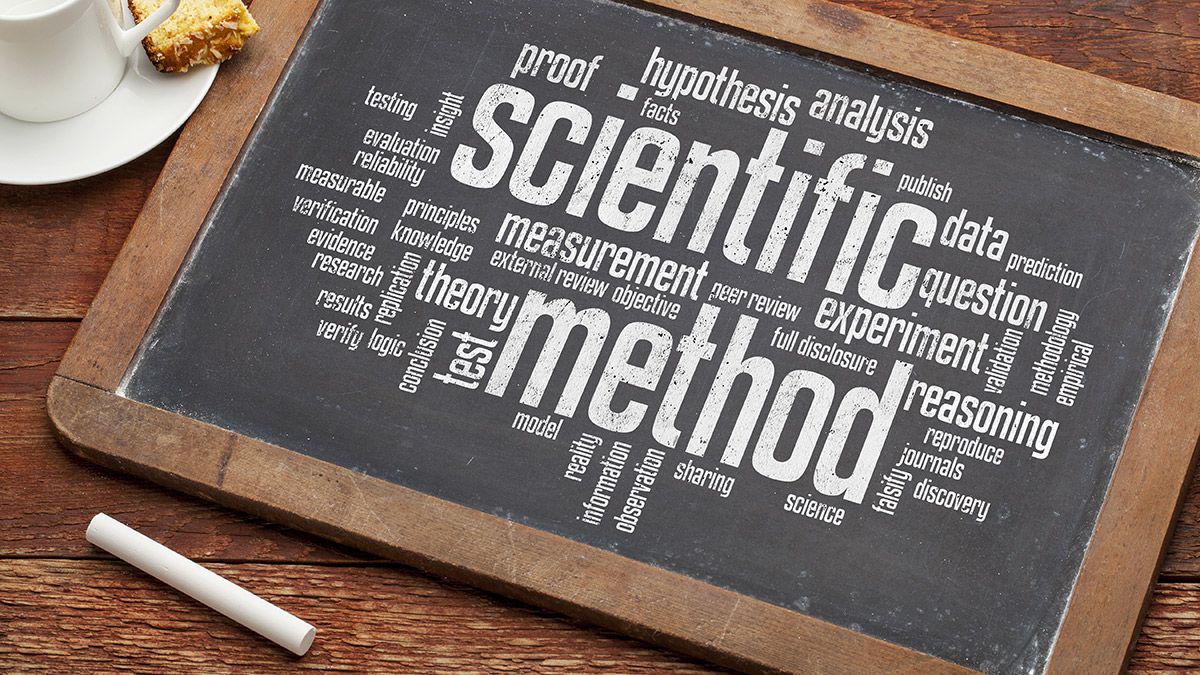Every day, corporate legal teams and outside counsel make decisions about how to approach a case or what a case is worth based on prior similar cases, anecdotal information or ‘gut instinct’. None of these methods are based on real data or insight. In each case, it is highly probable that companies are overspending on legal fees and settling for higher values than necessary. With the appropriate level of investments during discovery and prior to deposition, corporations could dramatically decrease their costs and exposure while increasing their effectiveness. The most important investment that a company can make early in their litigation is to conduct exploratory research to understand the true value of the case and to train their witnesses prior to depositions to ensure a great performance. In our latest litigation psychology video series, we discuss the value and importance of leveraging research, data and science in litigation.
Part 1 – Dr. Bill Kanasky discusses why a science-based approach for trial and jury consulting is so important.
In Part 2, Bill Kanasky, Ph.D. explains why CSI employs the scientific method for litigation consulting.
In Part 3 of this series about the importance of science in litigation, Dr. Bill Kanasky answers the question about how CSI determines the right amount of research to get accurate results.
Video summary:
Part 1: Why is a science-based approach for trial and jury consulting important?
A science-based approach for trial and jury consulting is the most important thing because what we’re doing is we’re predicting human behavior. We’re predicting human decision making. So having a consultant or a consulting firm that has scientific knowledge, scientific training, doctoral training in psychology, in multivariate statistics in the behavioral sciences, that increases the odds of an accurate, valid, and reliable answer for the client. Otherwise, it’s really shooting from the hip. And if you give the client inaccurate answers, imagine the economic vulnerability that they would face if you did that.
Part 2: Why does CSI employ the scientific method for litigation consulting?
Well, quite simply, this is a science. Psychology as a science, and the way you get accurate and reliable and valid answers in science is by using the scientific method. So if you have a consulting firm or a consultant that does not have training scientifically, in psychology, in the behavioral sciences and statistics, in scientific research and methodology, the statistical odds of your answers being accurate after, say a mock trial or a focus group, are pretty low. However, if you have somebody that has doctorate-level training in all of those areas, the chances of you getting accurate information for your client are very high.
Part 3: How do you determine the right level of research to get accurate results?
We get economic pushback from some clients because we may recommend a mock trial or a focus group project that’s fairly sophisticated and they may not want to spend that amount of money on such a project, but the problem is, to get the right answers, to get the accurate answers, we oftentimes have to do a more sophisticated, maybe multi-day project, because it’s a complicated case. For example if there are multiple parties involved in the case, there’s going to be a complicated deliberation in which the jury is going to have to fill out multiple questionnaires. If you cut corners on that, you’re hurting your accuracy, you’re hurting your validity and reliability. It’s a garbage in garbage out system. So what we try to tell clients is if we go cheap, I’m taking your accuracy and cutting it in half. Are you okay with that? Oftentimes they say, “I’m not okay with that.” We figure out the type of balance that’s going to fit their budget, but also is going to give them the accuracy in their answers.

Be confident in achieving superior litigation outcomes. CSI has the expertise, track record, and capabilities to help you win.



